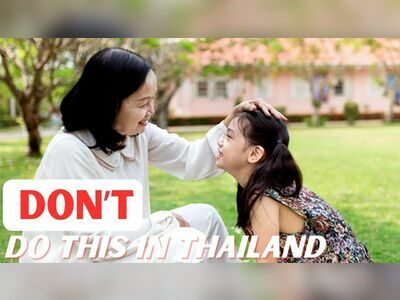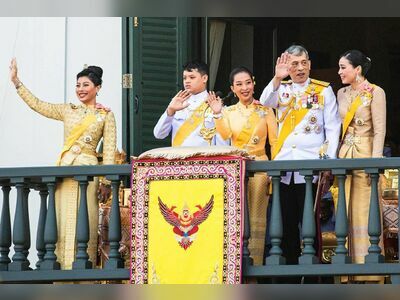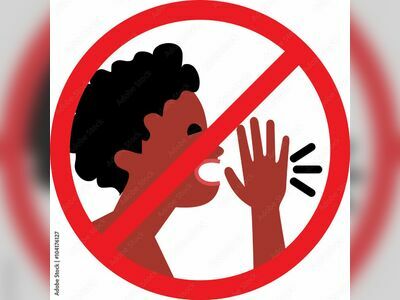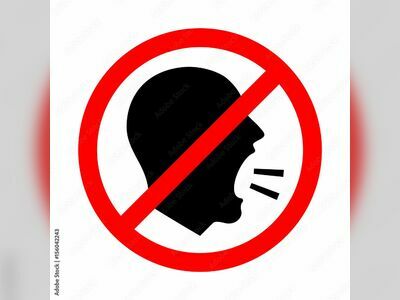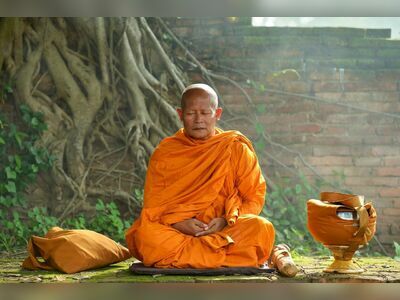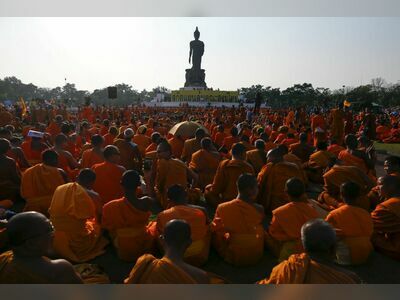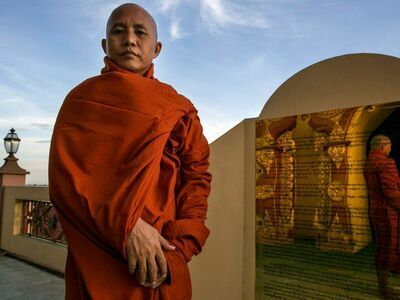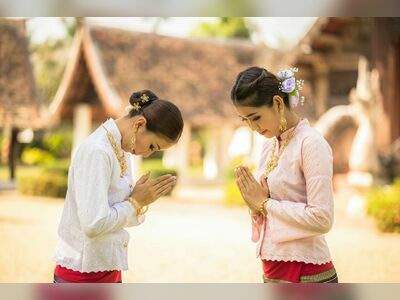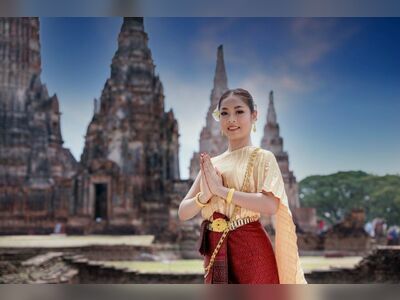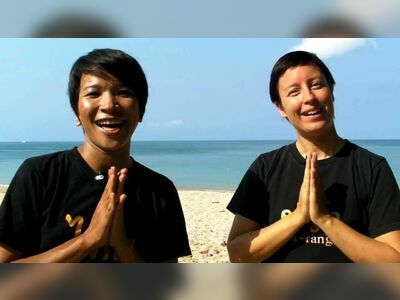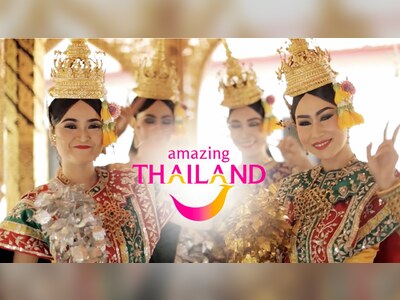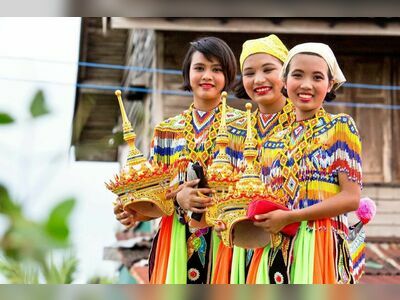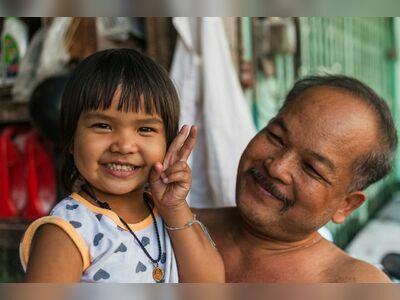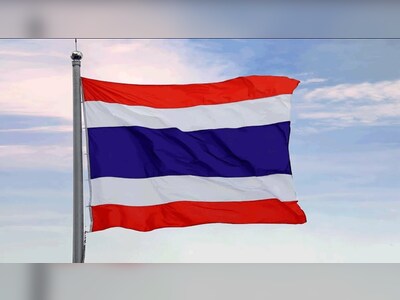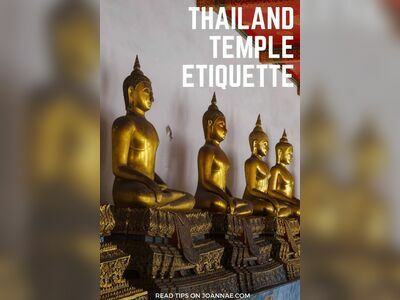Do & don’t
Suphanburi
Don’t touch a Thai person’s head
The head is regarded as the most sacred part of the body and shouldn’t be touched. There are exceptions (e.g between lovers, when you go for a head massage, and parents ruffling children’s hair), but generally speaking don’t risk causing offence by touching someone’s head.
Don’t show disrespect to the Thai royal family
Thailand has strict laws on this which also cover social media.
Don’t raise your voice
In Thai culture, keeping calm and not raising your voice are qualities that are admired. Shouting and getting angry won’t do you any favours.
Don’t touch monks
Women should never touch a monk or hand anything directly to them.
Don’t point to anything with your feet and don’t place your feet on the table while sitting
If you accidentally drop some money, don’t step on it to stop it blowing away. This would be insulting the King whose image is on Thai currency.
Don’t take things too seriously
In Thai culture there is a concept known as ‘sanuk‘. Broadly speaking, it’s the idea of having fun and taking enjoyment out of everything you do.
Do return a Wai
There are lots of subtle rules of etiquette involved with the Thai greeting, the wai. We could write a whole article about when you should or shouldn’t wai and how high the hands should be, but for a first time visitor to Thailand if a Thai person wais you, place your palms together, raise your hands towards your chin and return the wai with a smile.
Useful Thai words and phrases to learn
Learning at least a few words of Thai shows respect for the culture and can be a great way to break the ice when you are in Thailand. In many of the main tourist areas and resorts, people will speak at least some English and you are unlikely to have any major issues. However, if language difficulties do arise, just smile and accept it as part of the travel experience.
Do smile!
It may sound trite, but a smile can go a long way in establishing good intent and that will be appreciated in Thailand.
Do stand up when you hear the national anthem or royal anthem.
You may hear the Thai national anthem in public spaces (train stations, bus stations, markets etc.) at 8am and 6pm each day. Take your cue from others around you and stop what you are doing and stand still. If you are in a cinema, the royal anthem is usually played before the film and you should join everyone else in standing for this.
Etiquette advice for visiting Thai temples
Even if you’re not religious, a visit to a Buddhist temple (wat) can be a rewarding cultural experience. With around 95% of the Thai population identifying as Buddhist, the local wat plays an important role in Thai society.
